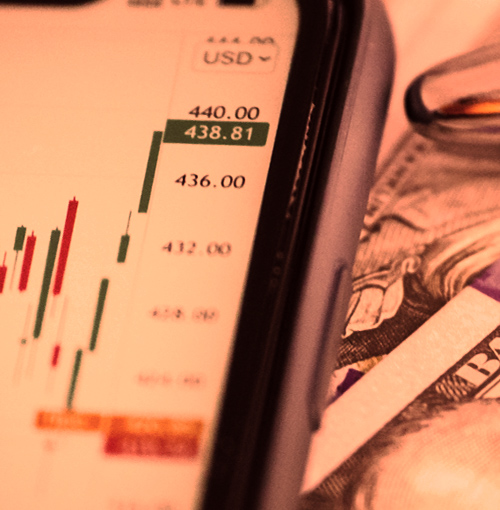
The Era of Anonymous Ownership: Bearer Shares Uncovered
Welcome to the intriguing world of bearer shares, an often misunderstood component of the global securities market. In this comprehensive guide, we will unearth the origins, benefits, and challenges of these unique equity securities.
In the complex sphere of equity securities, one type of ownership stands apart from the rest – the mysterious, often maligned, bearer share. Initially popular for the anonymity it provided, bearer shares have increasingly fallen out of favor due to concerns about their potential misuse. Here, we navigate the convoluted world of bearer shares, discussing their functioning, international usage, and the reasons behind their decline, while also addressing the associated costs, benefits, and risks.
The Anatomy of Bearer Shares
Once upon a time, in the world of equity security, there was a unique creature called the bearer share. As the name suggests, whoever held the physical certificate owned the share, offering an appealing level of anonymity. Unlike their common share counterparts, these unregistered shares weren't subject to stringent regulations and controls, making ownership transfers a simple matter of handing over the physical document.
Bearer shares were prevalent in international securities markets, particularly Europe and South America. However, over time, most governments have tightened their stance on anonymous transactions, resulting in a global decline in bearer shares usage.
Why the World Said Goodbye to Bearer Shares
Numerous global jurisdictions, like Panama and the Marshall Islands, have tried to deter the use of bearer shares by imposing hefty tax withholdings on dividends. Moreover, some nations known for banking secrecy, like Switzerland, have outright abolished bearer shares, excluding those belonging to publicly-listed companies and intermediated securities. Similarly, the United Kingdom and Germany, with the latter's pharmaceutical juggernaut Bayer AG as an example, have transitioned towards registered shares.
In the United States, bearer shares fall under state governance. However, in 2002, Delaware set the precedent by banning the sale of bearer shares, a move that was followed by many other states.
The Two Sides of Bearer Shares: Advantages and Pitfalls
Though bearer shares come with the allure of privacy, they are not without their drawbacks. The anonymity they offer often leads to substantial additional costs, including attorney fees and taxes, outweighing the perceived benefits for many investors.
Although bearer shares provide robust asset protection, they are often linked with increased legal and tax complexities. Therefore, unless an investor possesses in-depth financial and legal knowledge, navigating the potential pitfalls of bearer shares can be daunting.
The Legal Quagmire of Bearer Shares
Post the 9/11 era, with the looming threat of terrorism and money laundering, the global community has shown renewed urgency in curbing illicit corporate activities. This drive has led many jurisdictions to enact legislation placing stringent restrictions on bearer shares or entirely discontinuing their use.
For instance, the infamous Panama Papers scandal, which exposed a network of more than 200,000 offshore entities, underscored the risks associated with bearer shares. The scandal resulted in many financial institutions distancing themselves from corporations dealing with bearer shares, narrowing the field of available choices significantly.
Conclusion
Bearer shares, once a popular choice for investors valuing privacy and asset protection, have seen a marked decline worldwide due to associated costs, potential legal pitfalls, and an increased global focus on combating illicit activities. While the concept remains fascinating, the future of bearer shares appears uncertain at best.
Bearer shares, initially favored for their anonymity, have experienced a significant downturn due to regulatory tightening and a global crackdown on illicit activities. Although they continue to offer asset protection, the increased costs and legal complexities have raised concerns about their practicality. The future of bearer shares remains uncertain, with more jurisdictions discouraging their use or banning them outright.
- Share this article





